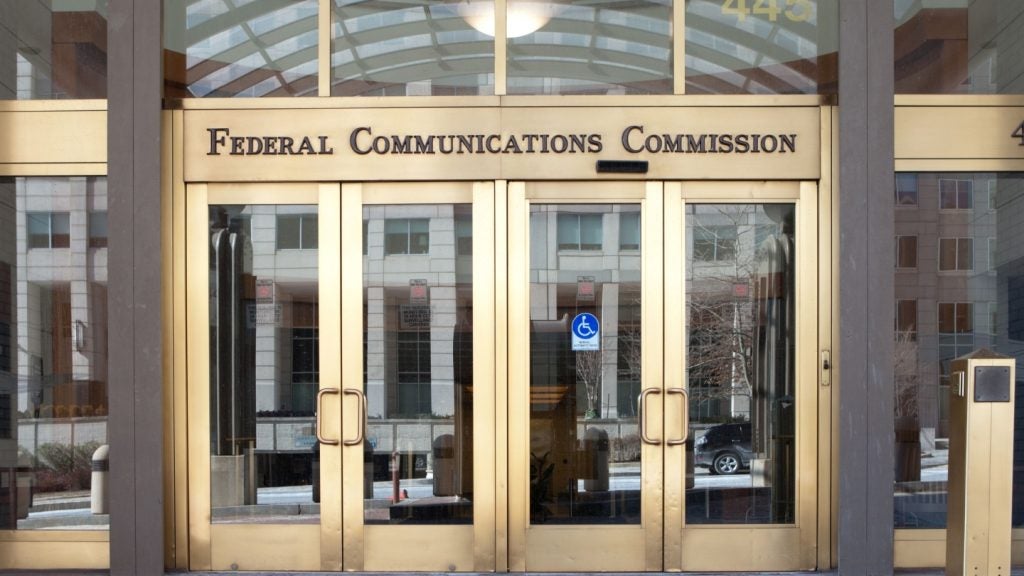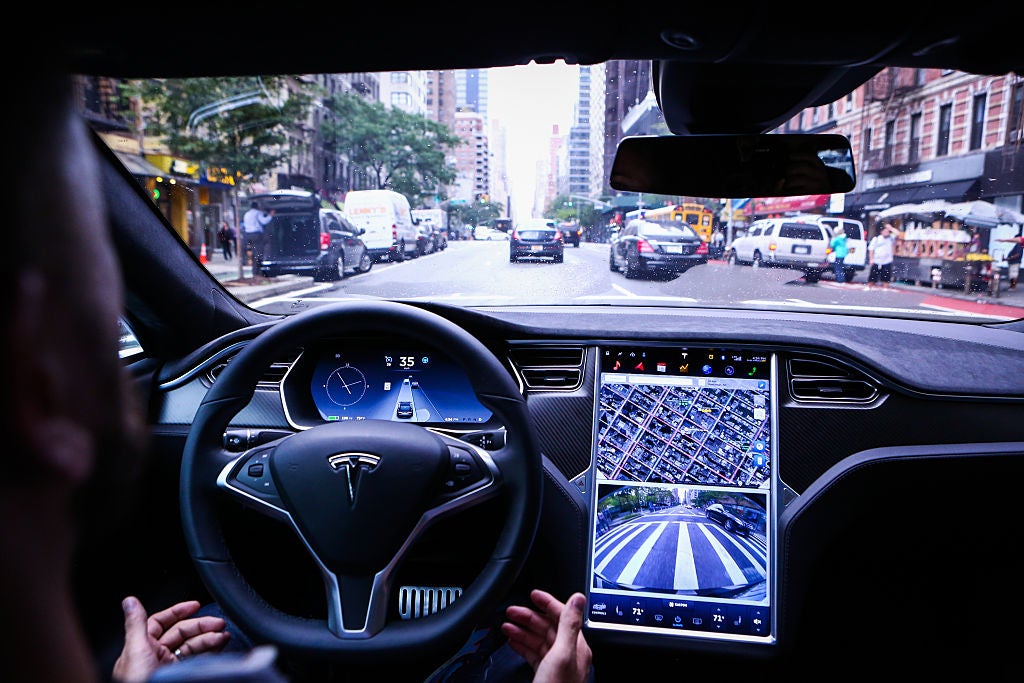
A new study has suggested charging coffee drinkers a fee for disposable cups to stop people using them
An estimated 2.5bn coffee cups are used in the UK year, creating around 25,000 tonnes of waste. Fewer than one in 400 is recycled.
Similar to the 5p plastic bag charge which was introduced in supermarkets in October 2015, an extra fee for disposable cups is predicted to reduce use by 50-300m, according to research by Cardiff University on behalf of coffee roaster Bewley’s.
Disposable coffee cups are notoriously difficult to recycle. This is because of the polyethene coating inside the cups that sticks to the paper part which makes the cup waterproof but also difficult to recycle as it can’t be easily separated. There are only a few recycling facilities that can process this kind of cup.
The study tested a range of measures that could encourage the use of re-usable cups. Financial incentives, such as a charge on the cups, increased to use of reusable cups by 3.4 percent.
Information about the environmental impacts of the cups also helped increase re-usable usage by 2.3 percent, whilst the availability of reusable cups increased this by 2.5 percent.
How well do you really know your competitors?
Access the most comprehensive Company Profiles on the market, powered by GlobalData. Save hours of research. Gain competitive edge.

Thank you!
Your download email will arrive shortly
Not ready to buy yet? Download a free sample
We are confident about the unique quality of our Company Profiles. However, we want you to make the most beneficial decision for your business, so we offer a free sample that you can download by submitting the below form
By GlobalDataIt was found that a combination of these results was the most effective, increasing the use of reusable cups from 5.1 percent to 17.4.
Professor Wouter Poortinga, from the Welsh School of Architecture and the report’s author, said:
“Our results show that, on average, the use of reusable coffee cups could be increased by up to 12.5% with a combination of measures. With this in mind, the UK’s usage of an estimated 2.5bn disposable coffee cups each year could be cut by up to 300 million coffee cups.”
Professor Poortinga will submit the findings to a UK government inquiry into waste.
Coffee shops are a vital part of the UK high street. It is thought there are around 18,000 coffee shops now which is set to grow to 27,000 outlets by 2020, according to a report by World Coffee Portal.
As well, it is thought that one in five people visit a coffee shop regularly, up from one in nine, which is why the impact of disposable coffee cups on the environment is set to grow.
Coffee chains, such as Costa and Starbucks, have introduced measures to try and combat the use of disposable cups. Starbucks offers a 25p discount on your hot drinks when you bring in a reusable cup.
In addition, Costa donates 25p to three charities, including Keep Britain Tidy, for every person that brings in their own cup, and is currently trialling cup recycling in 50 stores. The retail chain, which is the most popular in the UK, has said it will accept disposable cups from all coffee stores for recycling.
Despite these measures, the usage of disposable coffee cups is still rife and recycling doesn’t seem to have much effect on the environmental impacts. A charge, similar to the 5p plastic bag charge could prove effective.
According to a different study by Cardiff University, after the 5p bag charge was introduced in supermarkets, around one in 15 shoppers would regularly buy a single-use carrier bag at the checkout. Almost 90 percent of people in England now take their own bags with them when food shopping as a result of the charge.
Andy Cummins, from Surfers against Sewage, an environmental charity, said the study demonstrated the success of the bag charge.
“This study demonstrates how the bag charge has swiftly changed both public behaviour and enhanced attitudes towards single-use bags.”







